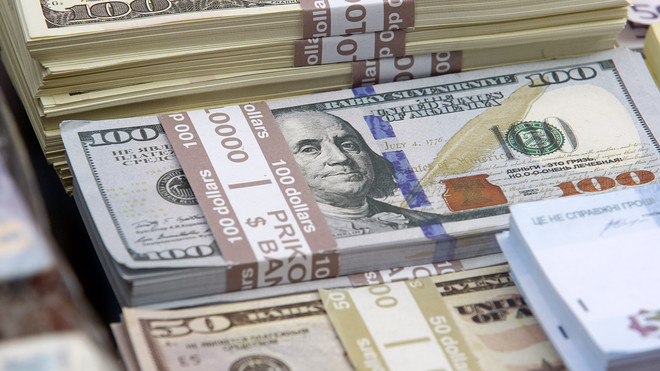THE Zambia Supreme Court will next Tuesday sit to decide if it had jurisdiction when it reversed its earlier judgments compelling the Bank of Zambia to pay over US$1 million to business tycoon Jayesh Shah and his company Al Shams Building Materials Limited seized in 1998.
Shah has vast business interests in Zimbabwe, Zambia and India, among other countries.
On January 16, 1998, Zambia’s Drug Enforcement Commission (DEC) informed Al Shams Building Materials Limited’s bankers —First Merchant Bank Zambia limited — and the Attorney General that it had seized the firm’s accounts with over US$1 million pending investigations.
Just months later, the bank was placed under receivership and on March 16, 1999, the Bank of Zambia ordered its liquidation.
In between, Al Shams Building Materials Limited and Shah instituted legal proceedings in the Zambia High Court, which on October 12, 1999 ruled that the money should be returned to the owners since the seizure was “unlawful and illegal”.
The court ruled that in the case of First Merchant Bank failing to reimburse Shah and his company, the Bank of Zambia was held liable and in the alternative the Attorney General was ordered to pay if the funds could not be found.
The bank and the Attorney General appealed to the Supreme Court against the ruling and on November 2, 2000, the appeal was dismissed and the Supreme Court held that Shah’s monies did not form part of the liquidation process and thus liquidation laws did not apply in Shah’s case.
Fourteen years later, the Bank of Zambia again approached the Supreme Court, and its case was once again dismissed on May 2, 2014. After being unsuccessful on appeal twice, thereafter, the Bank of Zambia on October 6, 2014 now filed a motion on the May 2, 2014 appeal Judgment, 157 days out of time in terms of the laws of Zambia seeking to re-open the 2000 Appeal.
Regardless, the Supreme Court of Zambia heard the matter and on July 6, 2018, delivered its Judgment and held that all issues are res judicata and refused the re-opening of the 2000 Judgment or any other previous decisions.
However the Supreme Court of Zambia in their 2018 Judgment after dismissing the Bank of Zambia’s motion and refusing to re-open the 2000 Judgment went to make new findings that Shah’s monies should be paid, but at the same be paid from the liquidation proceeds and applying the liquidation laws and not from Bank of Zambia’s own resources or state coffers.
This prompted Shah and his firm to approach the Supreme Court, arguing it should not have entertained the motion in October 2014 because it was filed out of time and without leave of court.
“May it please this honourable court we submit hereunder the 1st respondent’s argument in support of the notice of motion to raise preliminary objection to the embodiment of the Judgment of the Supreme Court dated 6th July 2018 on the basis of want of jurisdiction amounting to legal nullity on account of the motion from which the judgment emanated having been filed outside the 14-day period prescribed under Rule 48 of the Supreme Court Rules of the Supreme Court Act, Chapter 25 of the Laws of Zambia,” read court papers before the Zambia Supreme Court.
“Applicant’s motion was filed outside the 14 day timeframe prescribed by the Supreme Court Rules. The 1st Respondent feels a legal duty to raise a plea of “want of jurisdiction amounting to legal nullity on account of the fact that the Supreme Court having determined the motion outside the 14 day statutory timeframe means that everything done by the Supreme Court in that motion including the Judgment is a nullity at law, as the Supreme Court had no jurisdiction to hear and determine the motion at the time it was filed, as the said motion was hopelessly out of time.”
The matter, according to Shaw and his company’s lawyers, is a test case for the newly elected Zambian President Hakainde Hichilema’s government if it would allow the rule of law to prevail and compel the Bank of Zambia to paying judgment debt adjudicated as due and payable in 2000 the same Supreme Court.
